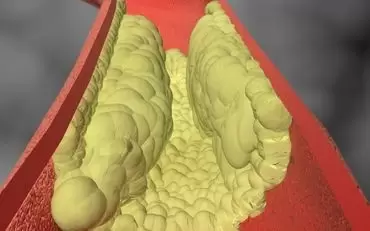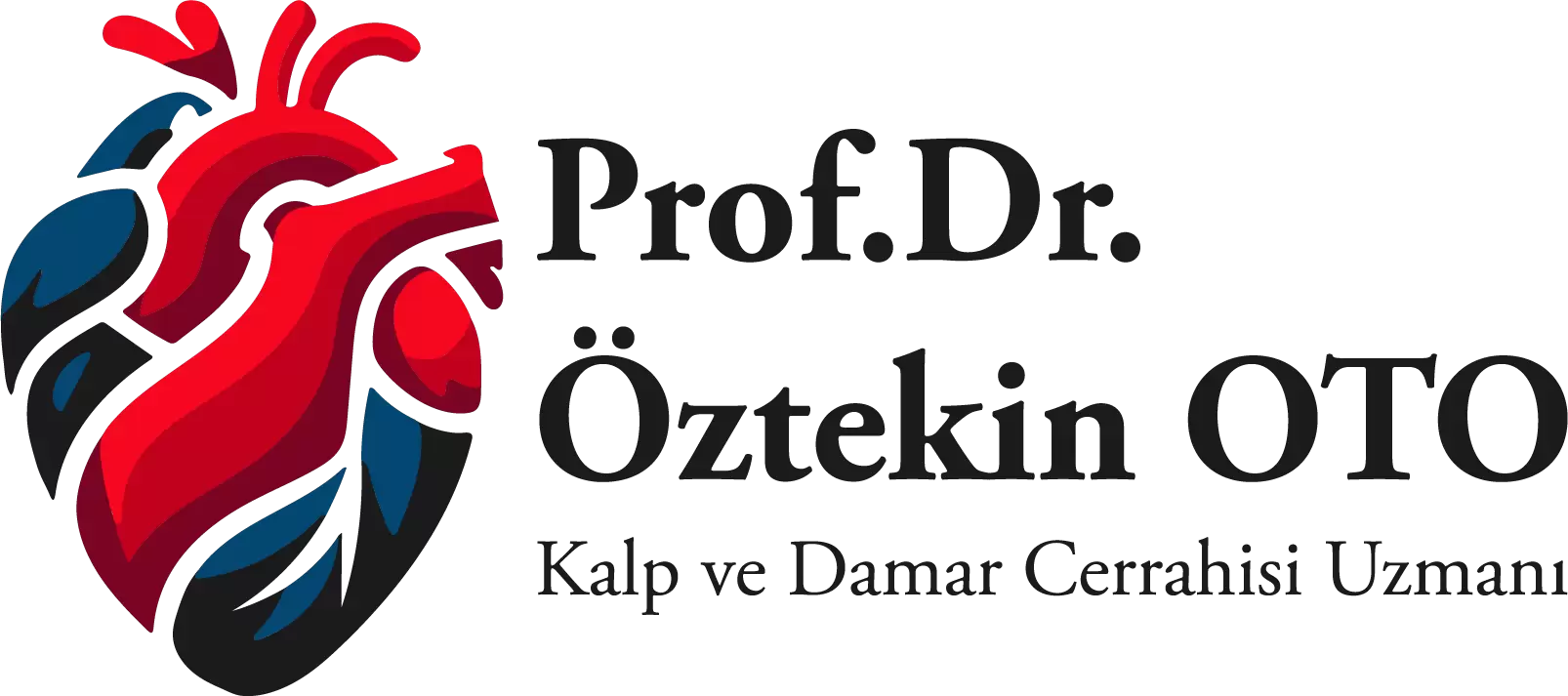15 Oca
Oh My Heart Hurts!
We sometimes underestimate the chest pain we experience in many periods of our lives and say, “It’s just a cold,” and sometimes we exaggerate it and worry both ourselves and those around us by saying, “I’m having a heart attack.” So is every chest pain related to the heart?
If you wish, let’s first briefly summarize the various medical causes of chest pain;
The organs located in our chest cavity and the pain they cause;
- Heart
- Our lungs
- Pain related to the nerves, lymph nodes and large vessels located in the chest cavity
- Pain directly originating from the muscles and bones of our rib cage;
Psychiatric causes such as panic attack syndromes;
Pain radiating to the rib cage can also be seen in diseases related to the upper digestive organs
- Esophagus,
- Stomach,
- Liver,
- Gallbladder,
- Pancreas.
While so many factors can cause chest pain, the best thing to do is to go to the nearest health center or your doctor. Thus, by performing the appropriate examination and necessary tests, effective treatment will be started, and both the questions in your mind will be answered and risky situations will be prevented with early diagnosis.
Which chest pain is of cardiac origin? Not all heart-related pains are heart attacks. Pain can also occur in cases where the heart muscle is temporarily deprived of blood (angina) or in inflammation of the pericarditis without an attack. "I have chest pain that occurs especially when I walk... I have to stop and rest... When I do this, my pain eases and goes away. If I describe its location, it is a pain that is annoying, right in the middle of my rib cage, and radiates to my left shoulder and left arm." Complaints like these are a typical description of the pain we call "angina pectoris". If you have a pain that fits these characteristics, you should immediately go to a health institution without wasting time (no matter what time of day it is). However, heart pain may not always be as written in the books. Sometimes it can also manifest itself as stomach discomfort, shoulder pain, arm pain, jaw and even toothache. This type of pain can be observed especially in the elderly or those with diabetes mellitus. This type of pain is called "exertion angina" because it occurs especially while walking, running, i.e. during exertion. This is a sign of coronary artery disease. However, another point that should be emphasized is that pain due to coronary artery disease can occur not only during exertion but also while resting. This type of pain is described as "resting angina".
Coronary arteries are the vessels that feed our heart and enable it to function. Therefore, their diseases are very important and can also be a sign of an impending heart attack. The "angina" message coming from our coronary arteries should be perceived quickly, and especially if there are risk factors for cardiovascular disease (such as high blood pressure, diabetes, obesity), a physician should be consulted. In this way, other risk factors that threaten our heart can be revealed and necessary precautions can be taken.
Related Articles

Hypertension
In most hypertensive patients, two or more drugs must be used to control blood pressure. Monotherapy..
Read More
What is LDL Cholesterol?
LDL cholesterol is also named as the bad cholesterol. After the age 20, everyone must have their LDL..
Read More
Artificial Heart
Cardiac health defines the overall wellbeing of the individual. Cardiovascular diseases impair quali..
Read More




